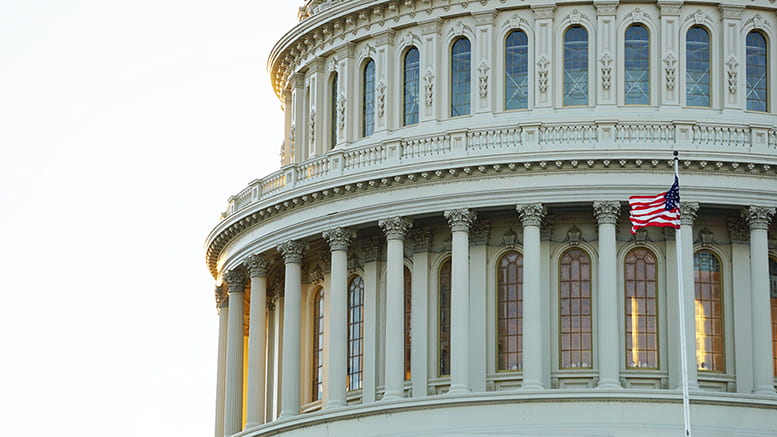Professor Laurel Harbridge-Yong, of the Department of Political Science, spoke with the Institute for Policy Research to discuss the current state of bipartisanship in Congress.
You can read the full interview at the here..
Below is an excerpt from the interview:
Research finds that there has been stark polarization in Congress in the last several decades. But your book Is Bipartisanship Dead? shows more bipartisan behavior took place in Congress between 1973 and 2004 if you look beyond voting records. Is this still true in 2021?
When we think about what’s been happening in contemporary politics, I think there certainly is some decline in bipartisanship, even on these earlier stage measures, like co-sponsorship [of legislation]. In the conclusion of my book, I updated some of the analysis through the early Obama administration, and we did start to see some declines through the later Bush administration, the Obama administration, and this likely continued during the Trump era. Issues that might not have otherwise been politicized became politicized—COVID and others. We had the initial bipartisan response with the CARES Act, but now you have greater partisanship on things.
But I still would argue—and suggest that the data show—that a lot of the issues that are not these high-profile agenda items of the parties are still places where there is bipartisan agreement. The vast majority of what Congress does is not the kind of big-ticket items like the Democrats’ social spending bill.
What are some of the long-term implications of the lack of bipartisanship on U.S. democracy as a whole?
In terms of the bigger picture—the current partisan political climate where people are so focused on their own side winning and seeing the win for the other side as a disaster for the country—that it makes it very hard to work with the other side when that’s the perspective. That’s true both for our legislators as well as for the American public.
And I think, unfortunately, that is where politics is at right now.

